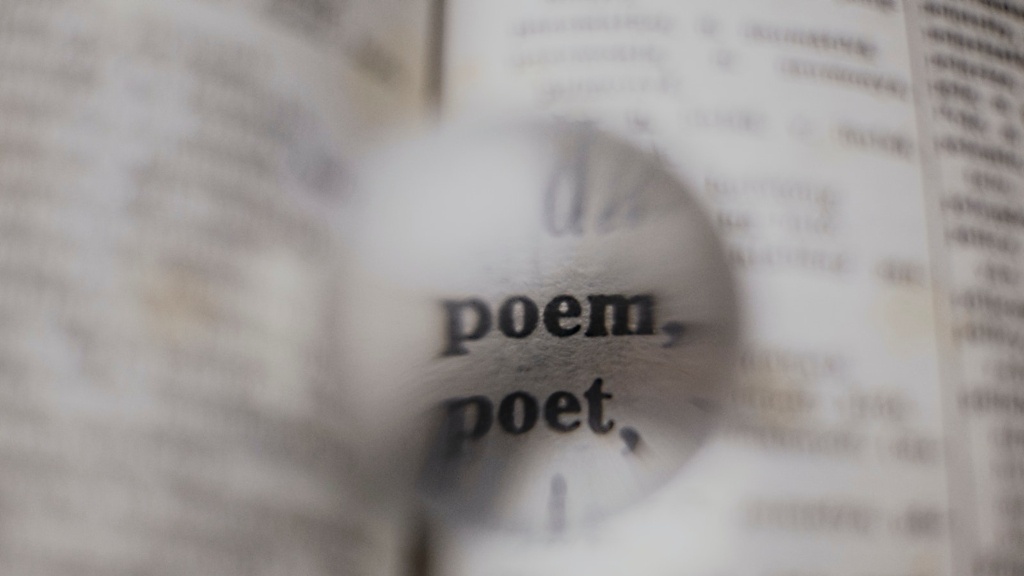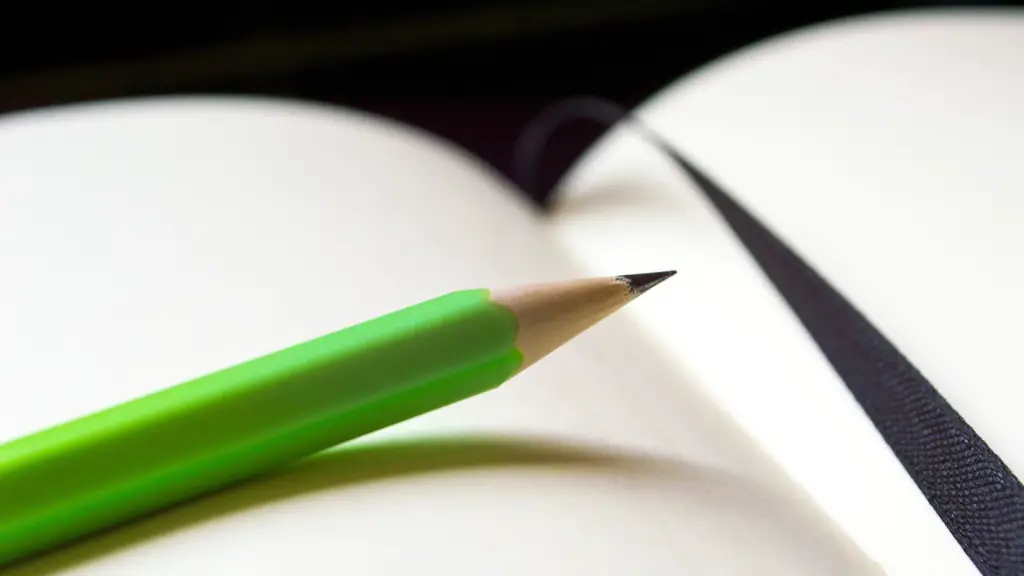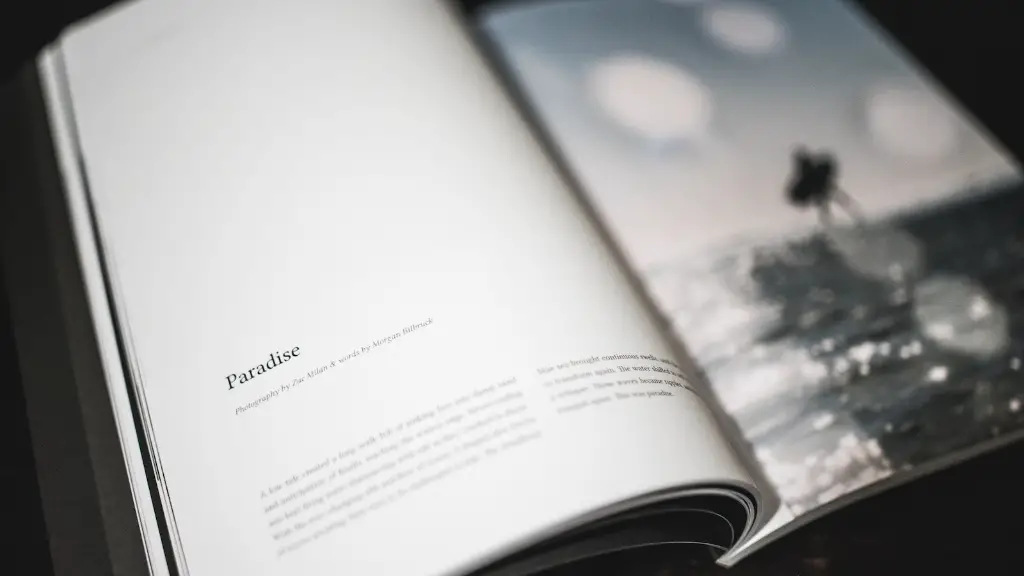Poetry has existed since the dawn of human culture and is considered by some to be the oldest form of literature. But even today, many of us find writing, reading, and understanding poetry to be a difficult and intimidating task. One question commonly asked by both amateur and seasoned poets alike is: how many pages is the average poetry book?
The answer to this question is not a straightforward one. There is no definitive answer as to how long a poetry book should be, and most books fall between 40 to 60 pages long. This can be a difficult amount for readers to swallow, since it’s often hard to read a book of poetry cover to cover. But the true beauty of poetry lies in its brevity and meticulous choice of words. Poetry often conveys more in fewer pages than most novels can in an entire book.
At the same time, it is also important to note that there is no such thing as a “standard form” for a poetry book. Since poetry is so subjective, poets decide for themselves what is best for their work. Some might choose to keep their book of poetry to a minimum number of pages, while others might expand their work over hundreds of pages. Due to their unique structures, some long poems can be read over multiple sittings, thus making them more enjoyable.
In terms of format, the size of a poetry book can be affected by the length and number of poems. A book of shorter poems might require less pages than a book of longer poems. Another factor is the font size and formatting of the poems; larger fonts or extra formatting can add pages to a book. As for content, more experienced poets might opt for a myriad of poems, prologues and epilogues, adding an extra layer to their work.
In any case, it is important to remember that a book of poetry is not a novel; it should be read as if it is a single unit, with each poem contributing to the readers’ overall understanding. Whether they take a few days or a few weeks to read, the idea is that readers should take the time to explore the poems and appreciate their different nuances behind the words.
Poetry Book Length Guidelines
While the exact length of a poetry book can vary, there are certain industry standards that many poets and publishers follow for their work. Most trade publishers of poetry define a full-length poetry book as between 50 to 150 pages. Meanwhile, literary journals often accept poetry manuscripts that range from 30 to 50 pages long.
Some small-press publishers also have their own guidelines for poetry books, allowing for works of 25 to 250 pages. Some may also accept manuscripts of different lengths, depending on the type of publication and the poet’s goals in publishing their work.
When it comes to self-publishing, the chances are that there are no specific guidelines as to how many pages a book of poetry should have. After all, each poet has different requirements when it comes to their work, and as long as it meets the general standards of quality, a book can be as short or long as needed.
Style & Formatting
In addition to size, the style, and the formatting of a poetry book can also be important factors, regardless of the number of pages it has. One of the most important aspects is the choice of font and the use of proper justification.
Using the right font size is crucial to ensure that the poetry is readable and aesthetically pleasing. Generally, a 12-point font is ideal for most books of poetry; however, some poets may choose smaller fonts for their work. It is also essential to use proper justification, with the text aligned to the left.
In terms of the layout and design of the book, some poets may opt for a uniform design, while others may have a much more imaginative approach. Poets can also select different typefaces for the cover page and titles of poems, adding a creative touch to the work.
Finally, most modern poetry books include a brief biography of the poet, as well as a list of acknowledgments and awards. These add an extra layer of detail to the book and can provide readers with insight into the poet’s works.
Innovative Ways
In addition to the traditional publishing methods, there are also a number of innovative ways that poets can publish their work today. For example, many modern poets are turning to online platforms such as blogs, websites, and social media, to showcase their work and reach out to broader audiences.
These platforms allow poets to bypass the traditional publishing methods and create more interactive and accessible poetry books. As a result, readers can explore the work more easily, without worrying about the size of the book. Additionally, poets can also opt for digital-only works, which allows them to experiment with formats and ideas that can’t be replicated in physical books.
Finally, some poets are also taking the route of crowd-funding, allowing patrons to support their work and contribute to its production. This new medium brings with it a degree of freedom and autonomy that was previously not available to poets, allowing them to take full control of their works.
Specialized Genres & Lengths
Apart from the traditional genres of poetry, there are also many specialized genres that require a unique approach to publishing. For example, haiku, sonnets, and free verse poetry require poems of specific lengths and formats that can be difficult to replicate in a physical book. As a result, many poets opt for digital-only solutions while they would normally use physical books or journals for other genres.
Another example are long poems, such as epics and narrative verses, which can range from a few hundred to a few thousand pages in length. Here, it is common for poets to publish separate sections, keeping all the poems in a single collection. This, however, does not mean that the work should be kept to a single book; for longer pieces, poets can also choose to release their work in multiple volumes.
Evaluating Poetry Book Lengths
Ultimately, the answer to the question “how many pages should a poetry book have?” is subjective and depends entirely on the poet’s aims and goals. When deciding on the length of their poetry, poets must take into consideration the genre and structure of their work, as well as the potential size limit amongst other things.
That said, it is important to remember that the size of a book does not determine its quality. Poetry is filled with extremely short books that contain more depth than many novels, and longer works filled with masterful lyricism. Ultimately, it is up to the poet to decide what is best for their work.




